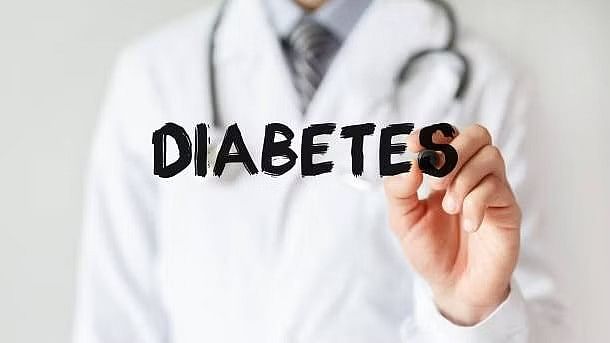
Research shows that at least 70% of people with prediabetes will eventually develop Type 2 diabetes, with 25 % likely to progress within five years.
Credit: iStock Photo
Bengaluru: A recent study has revealed a higher prevalence of prediabetes and diabetes among residents of Bengaluru Rural district, underscoring the urgent need to enhance population-based screening and diagnosis of these lifestyle diseases in rural areas.
Research shows that at least 70 per cent of people with prediabetes will eventually develop Type 2 diabetes, with 25 per cent likely to progress within five years.
Prediabetes, a condition where blood glucose levels are elevated but not yet in the diabetic range, often worsens without timely diagnosis, leading to severe complications.
The study, published in September by the ICMR-National Centre for Disease Informatics and Research, Bengaluru, (Sarveswaran G, Rangamani S, et al.; J Family Med Prim Care 2024), noted that few population-based studies have been conducted in rural Karnataka to assess non-communicable disease risk factors, particularly prediabetes and Type 2 diabetes, using the oral glucose tolerance test (OGTT) in primary care settings.
Bengaluru Rural district, particularly the rapidly urbanising Devanahalli region, was chosen for the study due to its mix of agricultural and infrastructural development. The aim was to identify the burden of prediabetes and diabetes in this transitioning peri-urban area.
The cross-sectional study, conducted between May and October 2019, surveyed 1,234 adults aged 18-69 in Devanahalli taluk. Blood glucose screening camps were held, and participants underwent OGTT testing. The study also examined raised blood pressure, BMI and lifestyle risk factors, including alcohol and tobacco use, physical activity levels and dietary habits.
Results showed 11 per cent of the population (134 people) had diabetes, a significantly higher rate than the 5.6 per cent recorded in the ICMR-INDIAB study (2017) and the 6.9 per cent in the National Non-Communicable Disease Monitoring Survey (NNMS) (2017–18). Also, 6.3 per cent of the group had prediabetes, and 24.3 per cent (300 people) were found to have hypertension.
Most diabetes cases were observed in men aged 45 and above, with 35 per cent of those diagnosed being newly identified during the study. Risk factors such as low fruit and vegetable consumption and insufficient physical activity were notably higher among those diagnosed with diabetes. Current tobacco use was found in 32.7 per cent of participants, while 9.9 per cent reported alcohol use, with over 87 per cent of diabetic individuals having consumed alcohol in the week preceding the study.
The study said rising risk factors, once predominantly associated with urban areas, are becoming significant issues in rural Karnataka. It pointed to the critical role of primary care physicians and family practitioners in addressing these challenges in underserved rural communities.